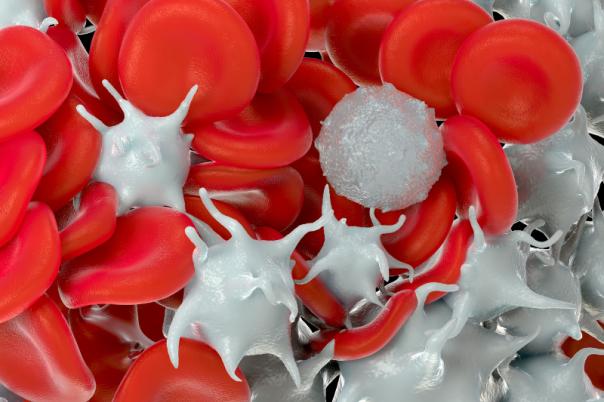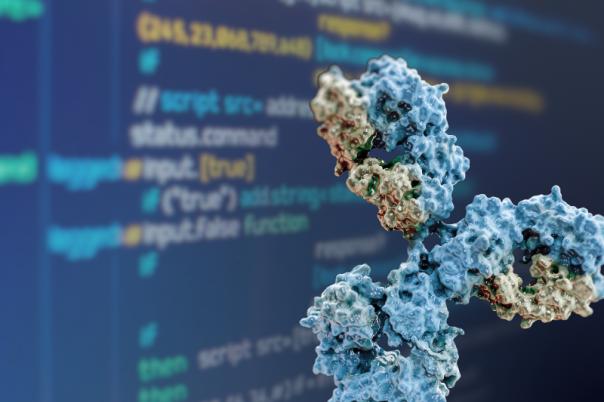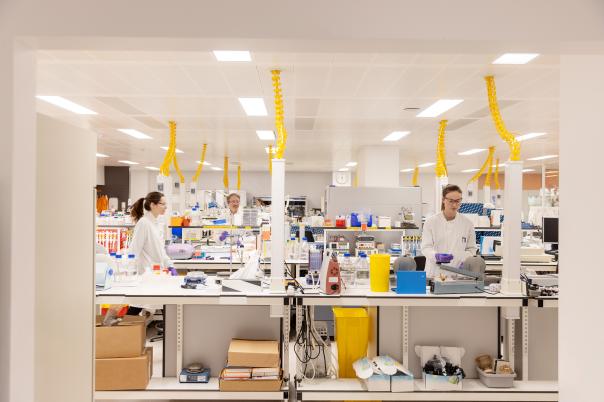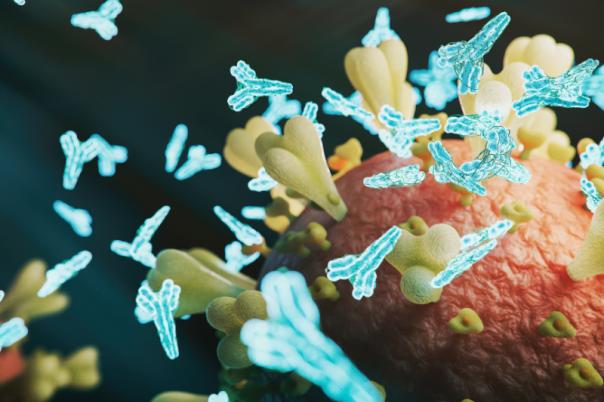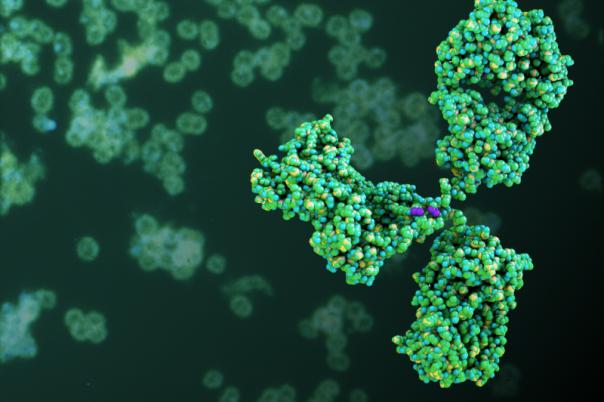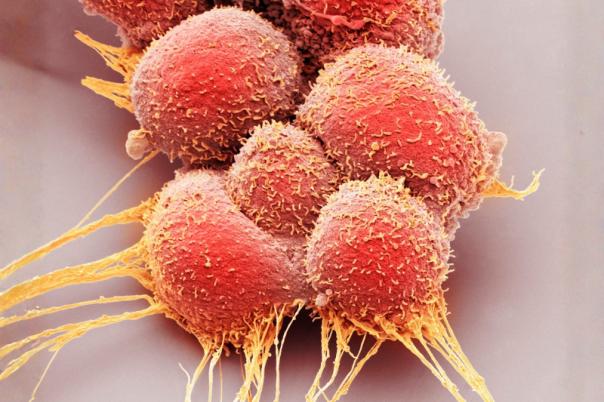Key Takeaways
- Boehringer Ingelheim and AimedBio partner to develop a new ADC.
- AimedBio could receive up to $991 million from the partnership.
- ADCs target cancer markers for precise treatment.
- The ADC uses an exatecan-based cytotoxin.
- Target protein is common in many cancers, rare in normal tissue.
Boehringer Ingelheim have entered into a collaboration with antibody developer AimedBio to develop a novel antibody-drug conjugate (ADC). The collaboration includes a licencing agreement which will add to Boehringer’s growing ADC portfolio.
AimedBio are set to receive up to $991 million from the deal. That includes an upfront payment, payments based on development, regulatory, and commercial milestones, and royalties from net sales after marketing approval.
“We believe this program has the potential to transform the treatment landscape for many cancers that currently lack effective options. Partnering with Boehringer will help advance this program with the speed, scale, and expertise needed to validate this novel target and approach,” said Do-Hyun Nam, CTO of AimedBio.
“Boehringer’s strong commitment to next-generation cancer therapies makes them the ideal partner to carry this program forward into the clinic and beyond.”
Pursuing a “powerful therapeutic approach”
Boehringer Ingelheim’s Global Head of Experimental Medicine, Vittoria Zinzalla, said: “ADCs are a powerful therapeutic approach that combines biological precision with chemical potency.”
“Targeting the specific cancer surface marker with AimedBio’s ADC may expand precision medicine treatment options for currently hard to treat cancers and potentially deliver meaningful benefit to patients. We are proud to move this program into the clinic as part of our mission to transform cancer care.”
Targeting a Broad Spectrum of Cancers
AimedBio’s ADC takes an antibody conjugated to an exatecan-derived cytotoxin, selectively targeting tumour cells to destroy them. Although, the ADC’s target protein was not disclosed, the target in question is “highly expressed on a broad spectrum of cancers and minimally present on normal tissues,” according to a press release by Boehringer Ingelheim. Furthermore, the protein, “plays a significant role in tumour growth, metastasis and resistance to therapy.”

